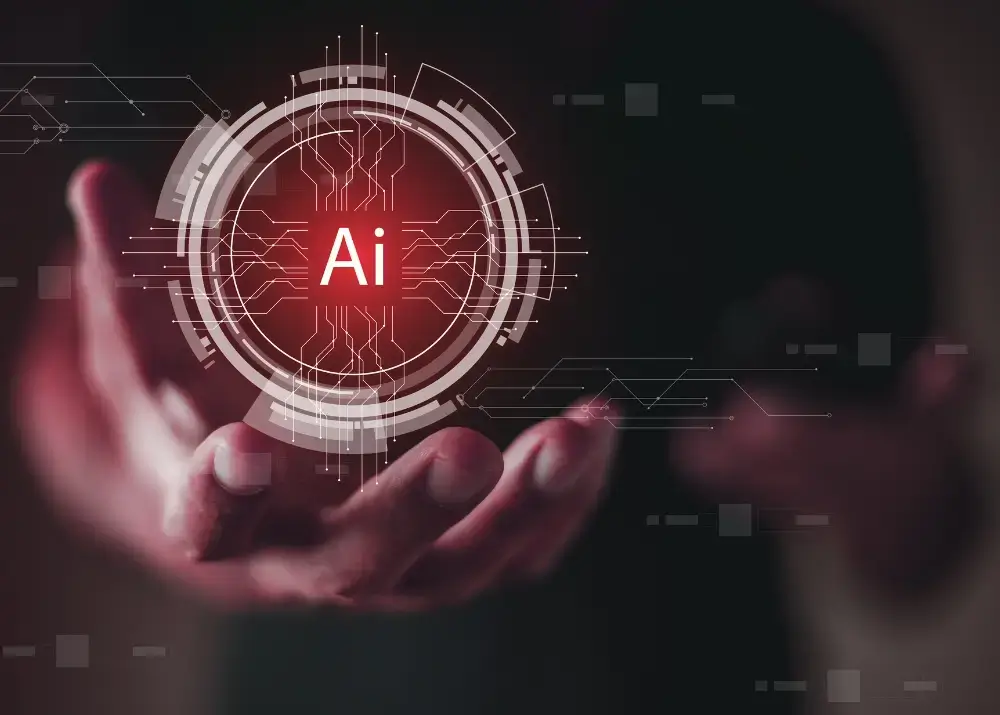In the aftermath of the turmoil at OpenAI, the dismissal of CEO Sam Altman remains shrouded in mystery, with reports suggesting a possible connection to a groundbreaking AI model. The Information disclosed that OpenAI’s chief scientist, Ilya Sutskever, and his team achieved a significant breakthrough, resulting in the development of a new model called Q* (pronounced “Q star”). This model demonstrated prowess in solving basic math problems.
According to Reuters, the unveiling of Q* triggered internal unrest, prompting several staff members to address OpenAI’s board with a letter expressing concerns about the potential risks this innovation posed to humanity. This letter played a role in the decision to oust CEO Sam Altman, who had recently resumed his role amid the company’s turbulent period, as reported by Reuters.
Although the ability to solve elementary math problems may seem unremarkable, AI experts, speaking to Business Insider, highlighted its substantial advancement beyond existing models, which often struggle to generalize beyond their training data. Charles Higgins, a co-founder of the AI-training startup Tromero and a Ph.D. candidate in AI safety, emphasized the significance of Q*’s potential for logical reasoning and abstract concept comprehension.
Q*’s name, suggesting a fusion of well-known AI techniques Q-learning and A* search, led experts like Sophia Kalanovska, another Tromero co-founder and Ph.D. candidate, to speculate on its ability to integrate deep-learning techniques and human-programmed rules. This hybrid approach could potentially address issues such as the chatbot’s hallucination problem.
While some believe that Q* represents a step closer to artificial general intelligence (AGI) due to its dual-brain functionality—combining experiential knowledge with reasoning about facts—others remain skeptical. The capability to generate new ideas and solve unseen problems, beyond replicating information from training data, is seen as a critical advancement toward AGI by Andrew Rogoyski, a director at the Surrey Institute for People-Centered AI.
However, not everyone shares the enthusiasm for Q*’s reported breakthrough. Gary Marcus, an AI expert and critic of deep learning, expressed doubts about the reported capabilities of Q* in a Substack post, cautioning against overly optimistic extrapolations.
OpenAI, when contacted by Business Insider, did not provide an immediate response, leaving questions surrounding the situation unanswered during non-standard working hours.











